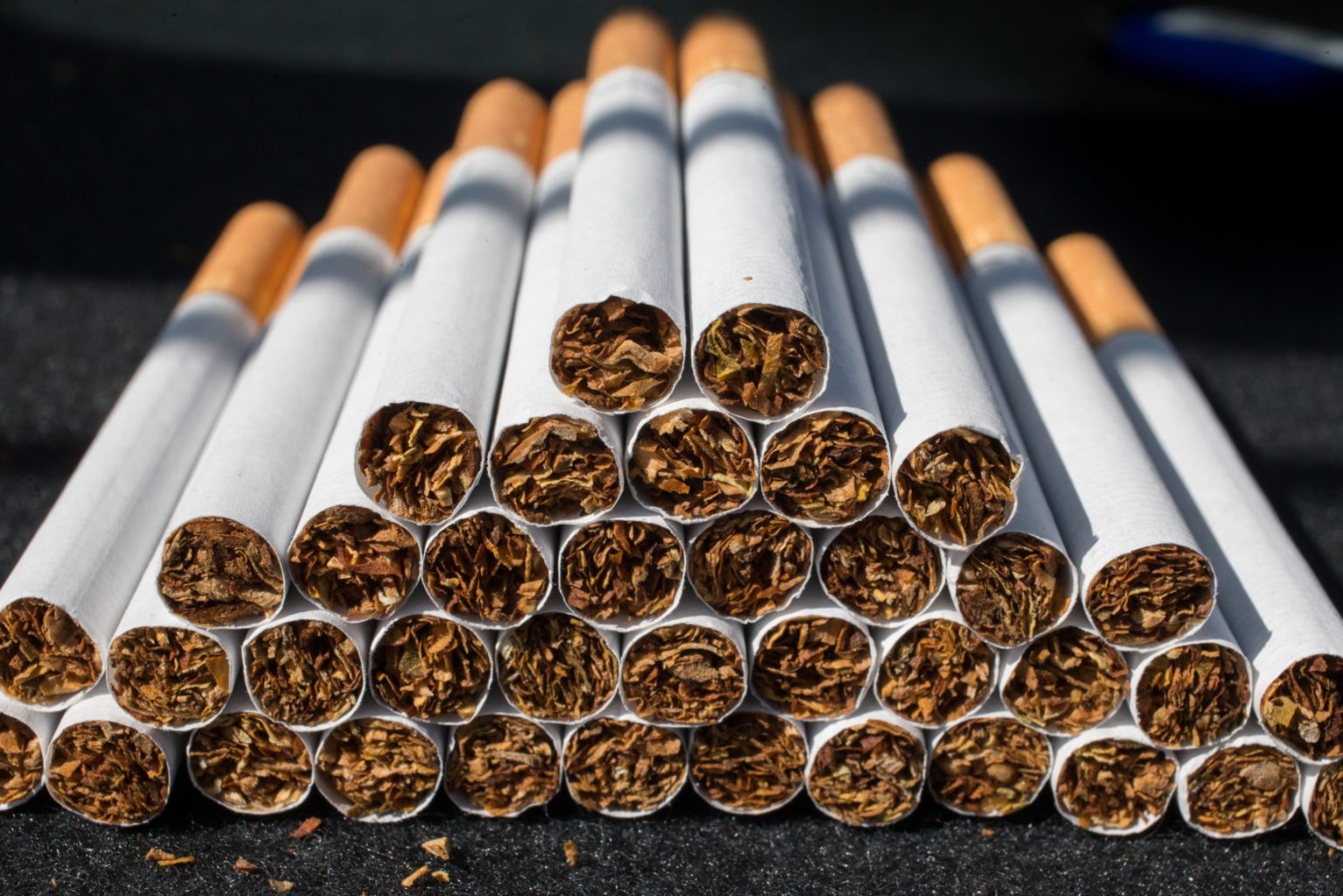The federal government and its development partners have expressed their readiness to initiate a review of the National Tobacco Control Act, 2015 to protect the Nigerian younger generation.
This move comes as a response to the negative trend of tobacco smoking among underaged children and the recalcitrant attitude of tobacco manufacturers who prioritize profit over public health.
Speaking during the commemoration of World No Tobacco Day in Abuja on Friday, May 31, the Coordinating Minister of Health and Social Welfare, Prof Ali Pate, emphasised the urgent need to protect children from the harmful effects of tobacco.
According to the World Health Organization (WHO), tobacco accounts for over 8 million deaths globally every year, with more than 7 million of those deaths resulting from direct tobacco use and 1.2 million from second-hand smoke.
In Nigeria, the 2012 Global Adult Tobacco Survey (GATS) showed that 5.6% or 4.5 million Nigerians aged 15 and older were currently using tobacco products, while the Global Youth Tobacco Survey (GYTS) conducted in 2008 revealed a prevalence of tobacco use among adolescents aged 13-15 years ranging from 13.1% to 23.3% in Lagos and Cross River States respectively.
The minister, however, noted that the theme for this year’s campaign, ‘Protecting children from tobacco industry interference’ resonates with the government’s position and the need to address the trend.
He highlighted the importance of protecting the younger generation from the tobacco industry’s manipulative tactics, such as aggressive marketing campaigns, product placement, and enticing flavors.
According to Pate, who was represented by the Ministry’s Permanent Secretary, Daju Kacholllom, the government has taken steps to address tobacco industry interference, including signing and ratifying the WHO Framework Convention on Tobacco Control (FCTC) and developing the National Tobacco Control (NTC) Act 2015 and its implementing Regulations in 2019.
Other efforts include training law enforcement officers, conducting surveys, and securing support for the Global Adult Tobacco Survey, he added.
These efforts, Pate said demonstrate the government’s commitment to addressing the tobacco menace.
He said while the challenges posed by tobacco industry interference are formidable, they are by no means insurmountable, the Minister noted that the Federal Government has taken steps to address tobacco industry interference, despite challenges.
“The consequences of tobacco industry interference on children’s health are profound and far-reaching, leading to a host of adverse health outcomes, including respiratory ailments, cognitive impairment, and increased susceptibility to addiction later in life.
“At this point, it is imperative for me to emphasize that effective tobacco control is multisectoral and hence cannot be achieved alone by the Federal Ministry of Health and Social Welfare.
“I therefore call on all relevant stakeholders to ensure effective implementation of the National Tobacco Control Act and its Regulations.
“The Ministry will support the stakeholders as we move to strengthen the NTC Act,” he added.
WHO Country Representative Walter Mulombo called for more action from the government and other stakeholders, emphasizing the need for vigilance as tobacco manufacturers relentlessly pursue profits.
He highlighted the alarming uptake of tobacco products among children, particularly e-cigarettes, and the industry’s tactics to appeal to youth.
He said: “A recently released report by WHO termed hooking the next generation-showed that an estimated 37 million children aged 13-15 years use tobacco, and in many countries, the rate of e-cigarette use among adolescents exceeds that of adults.
“This indicates that the industry targets youth for a lifetime of profits, creating a new wave of addiction.
“Companies rapidly launch new products that sidestep, or are not included, in current laws, and use every available means to expand their market share before regulations can catch up with them.
“Unfortunately, these tactics are working. Evidence from around the world shows an alarming uptake by children of some products, such as e-cigarettes.
“The tobacco industry is succeeding in its efforts to create a new generation of young people who smoke, vape, suck nicotine pouches or use snuff”.
The Executive Director of the Corporate Accountability and Public Participation Africa (CAPPA), Akinbode Oluwafemi said it is an understatement to say that the adolescents are under siege by the tobacco manufacturers.
As such, he asserted that no effort would be spared by the stakeholders to ensure that more stringent legislation is out in place to protect the children as they push for the review of the NTC Act, 2015.
The Inspector General of Police (IGP) Kayode Egbetokun, who was represented at the event also assured of implementing the law to the letter regarding the use of tobacco in the country.
Other stakeholders including the Management Sciences for Health (MHS), Federal Competition and Consumer Protection Commission (FCCPC), and the National Film and Video Censors Board (NFVCB), pledged to discharge their responsibilities in curbing the menace of tobacco use among the younger generation.
